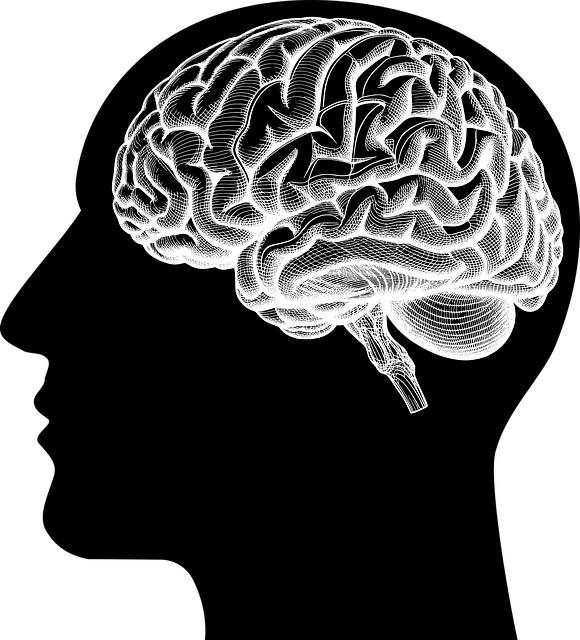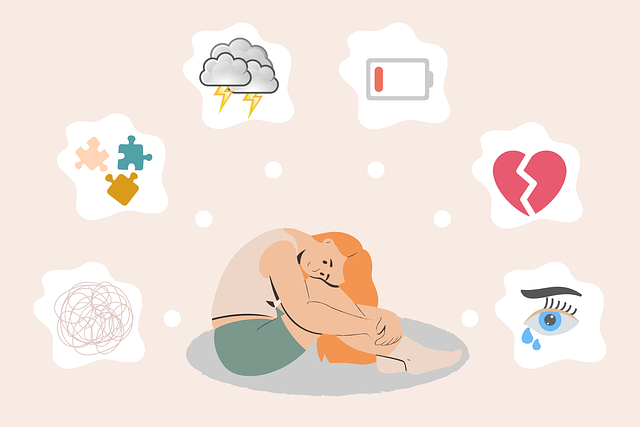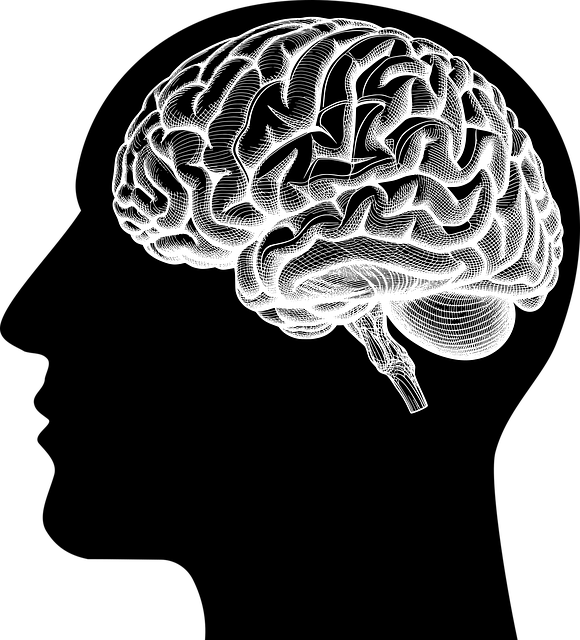Highlands Ranch Self-Esteem Therapy leverages positive thinking as a powerful tool to enhance mental well-being, reduce stress, and boost self-esteem. By retraining the mind through practices like gratitude journaling, individuals gain resilience, emotional intelligence, and optimism, effectively navigating life's challenges with improved confidence. This holistic approach, combined with regular exercise, fosters personal growth, promotes hope, and creates an inclusive therapeutic environment, ultimately contributing to a healthier mental landscape.
In today’s fast-paced world, cultivating positive thinking is essential for navigating life’s challenges. This article explores the transformative power of positive thinking and its profound impact on self-esteem, particularly in the context of Highlands Ranch Self-Esteem Therapy. We delve into the synergistic relationship between exercise and mental wellbeing, offering practical techniques to integrate positive thinking into daily routines. By implementing these strategies, individuals can unlock long-term benefits, fostering a resilient and positive mindset.
- Understanding Positive Thinking and its Impact on Self-Esteem
- The Role of Exercise in Boosting Mental Wellbeing
- Integrating Positive Thinking into Daily Routines
- Practical Techniques for a Successful Implementation
- Long-Term Benefits and Maintaining a Positive Mindset
Understanding Positive Thinking and its Impact on Self-Esteem

Positive thinking is a powerful tool that can significantly impact an individual’s mental well-being and self-esteem. It involves consciously focusing on positive ideas, attitudes, and beliefs to foster a more optimistic outlook on life. By adopting positive thinking exercises, individuals in Highlands Ranch Self-Esteem Therapy can learn to challenge negative thought patterns and replace them with constructive alternatives. This process empowers people to develop coping skills that enhance their ability to navigate through life’s challenges with resilience and confidence.
The benefits of positive thinking extend beyond improved self-esteem; it is also an effective stress reduction method. By cultivating a positive mindset, individuals can better manage anxiety relief and find healthier ways to cope with difficult situations. This shift in perspective encourages personal growth, fosters a sense of optimism, and promotes overall mental health, ultimately leading to a more fulfilling and balanced life.
The Role of Exercise in Boosting Mental Wellbeing

Regular exercise serves as a powerful tool to enhance mental wellbeing, an aspect that self-esteem therapy in Highlands Ranch often emphasizes. Physical activity stimulates the release of endorphins, commonly known as ‘feel-good’ hormones, which can reduce stress and improve overall mood. This natural high promotes a sense of calm and satisfaction, positively influencing one’s mental state.
Moreover, exercise provides an outlet for individuals to channel their emotions constructively. Engaging in activities like yoga or even a simple walk in nature allows for stress reduction methods that enhance emotional intelligence. By addressing and managing stress effectively, people can boost their confidence and develop healthier thinking patterns, ultimately fostering a more positive self-image.
Integrating Positive Thinking into Daily Routines

Incorporating positive thinking into daily routines is a powerful tool for anyone seeking to enhance their mental well-being, especially those exploring self-esteem therapy in Highlands Ranch. It’s not just about fleeting optimism; it’s a practice that requires consistent effort and integration into everyday life. By setting aside dedicated time each day for activities that foster positivity—such as gratitude journaling, mindful meditation, or even simply reflecting on personal achievements—individuals can gradually retrain their minds to focus on the brighter aspects of life. This approach aligns with effective communication strategies, allowing individuals to express themselves more confidently and openly during therapy sessions.
Moreover, cultivating positive thinking can have a ripple effect on various areas of life. It promotes better self-care practices, encouraging individuals to prioritize their emotional health alongside physical well-being. In the context of cultural sensitivity in mental healthcare practice, embracing positive thinking resonates with diverse populations, as it emphasizes universal human experiences of hope and resilience, fostering a more inclusive therapeutic environment.
Practical Techniques for a Successful Implementation

Implementing positive thinking exercises effectively requires a strategic approach. One key technique is to integrate these practices into daily routines. For instance, starting each day with a gratitude list or ending it with reflections on personal achievements can significantly shift one’s mindset. These habits create a foundation for emotional regulation, enhancing overall well-being, especially in communities like Highlands Ranch Self-Esteem Therapy where fostering positive thinking is paramount.
Additionally, mental health professionals should consider risk assessments to ensure the techniques are tailored to individual needs. This involves assessing emotional vulnerabilities and triggers, thereby facilitating safe and successful implementation. By combining practical routines with personalized care, practitioners can help clients manage their moods and improve their emotional regulation skills, ultimately contributing to a healthier mental landscape.
Long-Term Benefits and Maintaining a Positive Mindset

Implementing a positive thinking exercise routine can lead to significant long-term benefits, fostering a resilient mindset that Highland Ranch Self-Esteem Therapy clients often find transformative. Regular practice enhances emotional well-being, promoting a sense of contentment and optimism that permeates daily life. By cultivating gratitude, reframing negative thoughts, and engaging in self-affirmations, individuals can develop a powerful tool to combat stress, anxiety, and depression, ultimately leading to improved mental health.
Maintaining this positive mindset requires consistent effort, but the rewards are immense. Incorporating practices like journaling, mindfulness exercises, or even participating in Mental Wellness Podcast Series production can support the journey. Over time, these habits contribute to a stronger self-care routine development for better mental health and emotional healing processes, ensuring individuals remain equipped to navigate life’s challenges with resilience and positivity.
Positive thinking exercises, when integrated into daily routines, can significantly enhance mental wellbeing, particularly in Highlands Ranch Self-Esteem Therapy settings. By understanding the impact of positive thinking on self-esteem and leveraging the power of exercise, individuals can cultivate a more optimistic mindset. Practical techniques discussed in this article provide a roadmap for successful implementation, leading to long-term benefits that promote a robust and resilient positive mindset.












